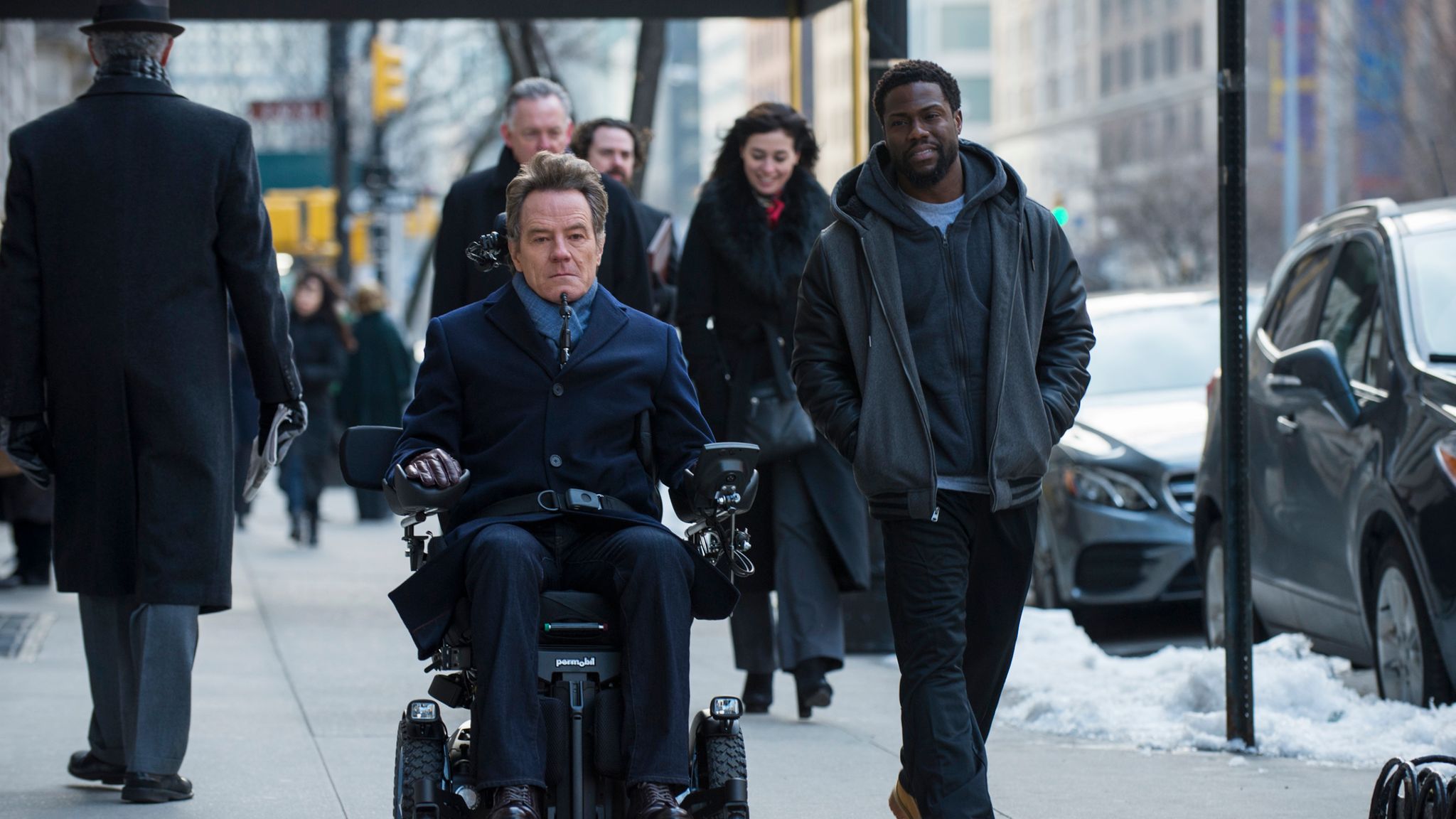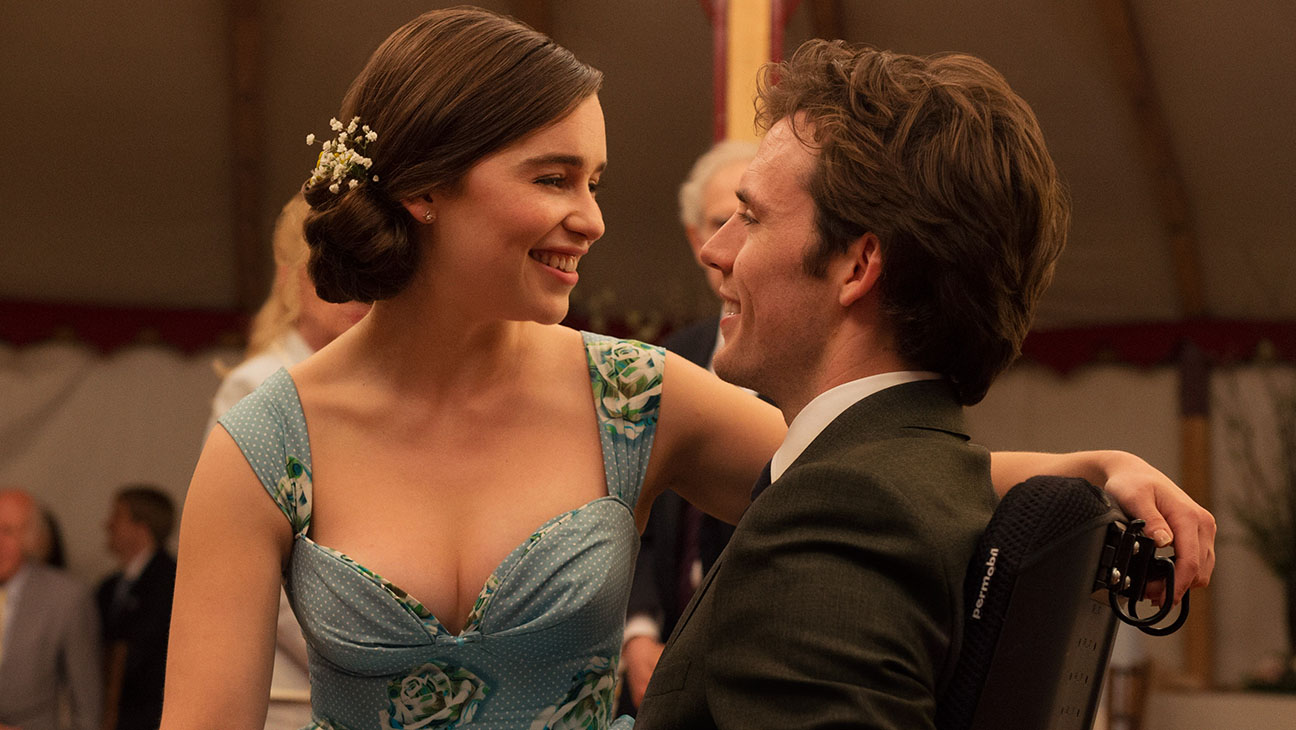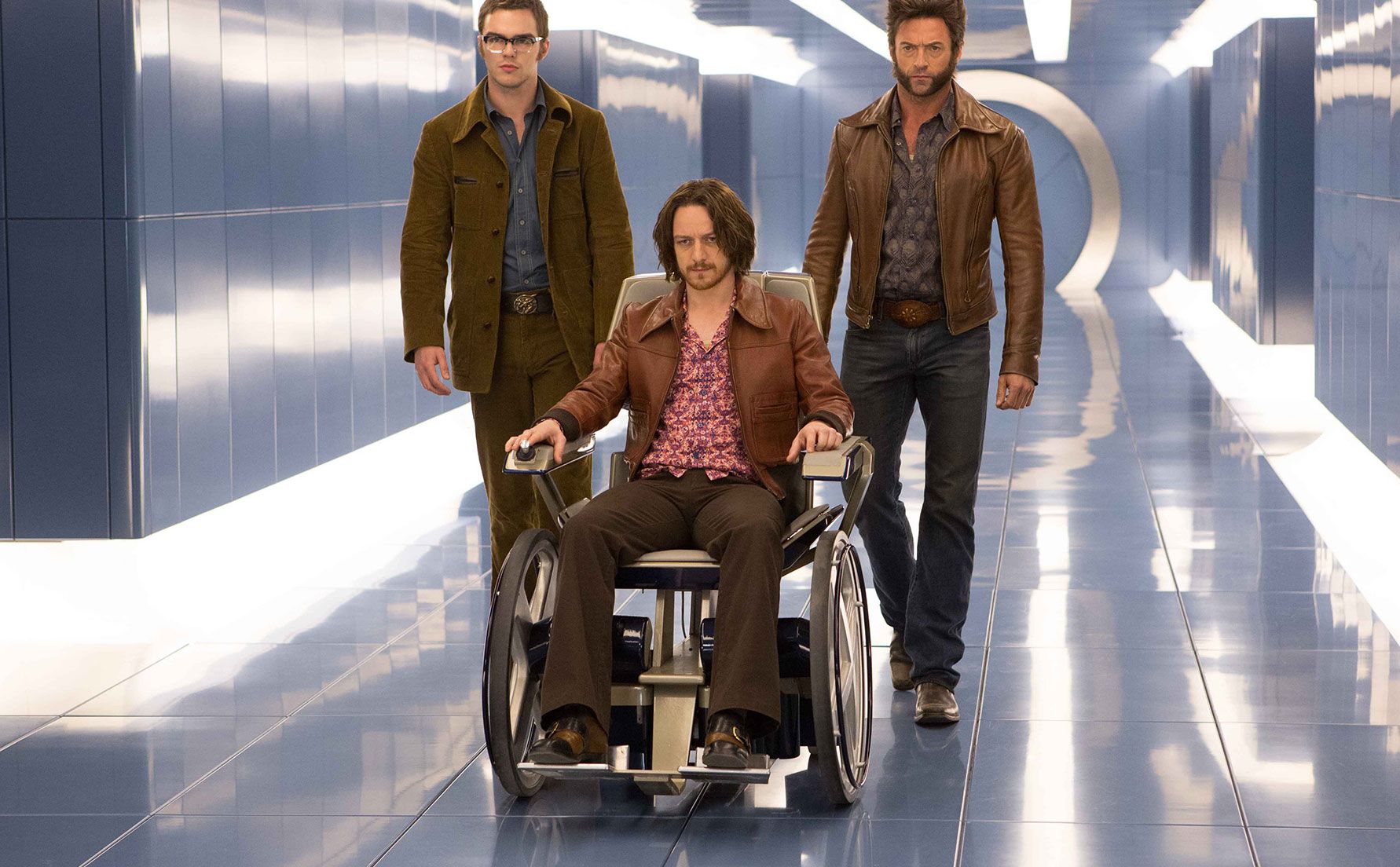
There’s good news and bad news here. The good news is that, if we want to get to the bottom of the disability issue in Hollywood, we can do it in three easy-ish steps. The bad news is that all three steps are related so we kind of have to tackle them all at once. It’ll be a whole process that takes time and effort and a reasonable amount of good-faith commitment, which is not something we’re all always good at. I think it’s worth doing, though. I’m admittedly a little biased because I have a disability (spinal cord injury, wheelchair, the whole deal), but it can work out for you, too. It would mean fewer groan-worthy plots and fewer stale tropes and more cool, original stories about slices of life you might not be familiar with. That’s a good thing. Cool things are good. Let’s make more cool things.
I’m going to lay out the three steps here. They’re a little obvious if you think about them for more than 30 seconds, but not so obvious that they’ve been addressed and fixed yet, today, in 2020. They’re nothing particularly new, either. Other groups have dealt with the same issues over the years, and have started to make real progress, with more voices getting a chance to speak in more places. There’s a template here. There is a structure to build around. It’s just a matter of wanting to do it.
Let’s start at the top, with the big and notable one, then work our way through from there.
We need more disabled actors playing disabled characters

The last time a full accounting of this was done, back in 2018, an advocacy group found that almost 90 percent of disabled characters were played by non-disabled actors. There’s a long history of this in television and film, one that has traditionally been met with critical acclaim. Think of all the actors who have won awards for playing a character with a disability of some kind. (Dustin Hoffman in Rain Man, Jamie Foxx in Ray, etc.) And think of other meaty roles that have gone to big-name able-bodied actors. We’re going on 20 years of X-Men movies, with Charles Xavier in every one of them, and the role has, to date, been played by Patrick Stewart and James McAvoy.
The whole discussion really bubbled up a few years ago when The Upside came out. The Upside stars Bryan Cranston as a quadriplegic millionaire who hires an ex-con played by Kevin Hart as a home health aide. Cranston was asked about his decision to take the role and, in an interview with Sky News, explained the situation like this:
“As actors, we’re asked to be other people, to play other people. If I, as a straight, older person, and I’m wealthy, I’m very fortunate, does that mean I can’t play a person who is not wealthy, does that mean I can’t play a homosexual?
“I don’t know, where does the restriction apply, where is the line for that? I think it is worthy for debate to discuss those issues.”
There are fair points in here. Acting is about becoming another person, temporarily. Bryan Cranston has not, as far as any of us know, cooked and sold large quantities of methamphetamine throughout the scenic American Southwest, but he sure as hell pretended to do that very well for almost a decade on Breaking Bad. This one is a little different, though. Able-bodied actors have more choices available to them, whereas an actor who uses a wheelchair only has a shot at this kind of role, what, every two or three years? Or, to put in another way: Bryan Cranston has the option of playing a character who flings an entire pizza onto his roof, while an actor with the same disability as his character in The Upside does not, at least not without an extensive amount of CGI.
Cranston also pointed out that casting the award-winning star of Breaking Bad as the lead in the movie was in large part a business decision, as there really aren’t any disabled actors right now with the kind of Above The Title clout to sell a multimillion-dollar studio production. This is also fair, but also kind of the point. It creates a tricky cycle to break out of, one where these roles have to go to big-name actors, who are all able-bodied, which means no big star-making turn for a disabled actor, which puts them at a disadvantage the next time a role like this comes around, which means it will probably go to an able-bodied actor again, which… and on and on forever.
This brings us to our second issue.
We need more cool and/or fun disabled characters in movies and television shows

One thing that you’ll notice not long after you start paying attention to these things is that characters with disabilities often fall into one of these four categories:
- Wealthy person
- Person with a superpower
- Inspirational figure who teaches an entire town the meaning of Christmas or whatever through an upbeat, positive attitude
- Miserable depressed person who may or may not be considering suicide
Sometimes they fall into multiple categories. Charles Xavier is a billionaire with superpowers. The character in The Upside was a wealthy depressed person who became a wealthy inspirational person. The character in another movie, Me Before You (played by able-bodied actor Sam Claflin), was a thrill-seeking millionaire playboy who was so sad about becoming disabled that he opted for assisted suicide over the objections of his girlfriend, played by Game of Thrones star Emilia Clarke. This last one was an extra bummer because, while suicide in the disabled community is a real issue, it would be nice if this was one of many, fully-rounded portrayals of the community instead of one of a very limited number of high-profile examples. I would love to see more people in wheelchairs on television and in movies. I do not want to watch like 20 percent of them contemplate taking their own lives. I would rather watch them, like, chilling out at a barbecue. Or stealing priceless jewels. Or chilling out at a barbecue after stealing priceless jewels.
The study by the advocacy group touched on this part of the problem, too. From a write-up in the New York Times:
The research, covering about 280 network and streaming shows from 2018, found that roughly half featured characters with physical, cognitive or mental health disabilities. Yet, the report said, “even where disability is present in television and films, it is almost always portrayed as an undesired, depressing and limiting state.”
Actor Micah Fowler, star of the short-lived sitcom Speechless and a disability advocate, touched on the issue recently, too, in an interview where he discussed the difficulties of finding work as an actor with cerebral palsy.
Too often, there are misrepresentations of people with disabilities in the entertainment industry: characters viewed as tokens of inspiration or pity and characters viewing their disability as a reason to end their life. The more people see us, the more people see us. Not as tokens of inspiration or pity, not as suicidal, but as people who can contribute to society and live happy, successful and fulfilled lives.
The solution here is simple enough: More roles, better roles, many of them smaller at first so a disabled actor can get the part and build the kind of name recognition it takes to land a bigger one down the line. Regular dudes and women who happen to have a disability. A paralegal on a lawyer show. A funny stoner in a Seth Rogen movie. A member of a criminal organization that is trying to steal priceless jewels. Whatever. Create a pipeline for disabled actors. Put them in a position to steal scenes so the people watching will go to IMDb after those scenes to learn their names. That way, when it comes time to cast the next Charles Xavier, or maybe the leader of a criminal organization that is trying to steal priceless jewels, these actors have their foot already in the door. Or a wheel in the door. There’s something in the door. That’s the point.
But creating good and well-rounded disabled characters requires another step. This brings us to…
We need more people with disabilities on the creative side

Get more people with disabilities on the creative side of things, behind the scenes. Hire writers with disabilities for television shows, seek out disabled voices, get more stories straight from the people who live them, stop making every character in a wheelchair an inspirational brain genius who may or may not have a death wish. The other two issues are the big flashy ones, but this is the one that makes fixing those possible. At the very least, talk to people with disabilities before you try to create your characters, consult, and maybe write in a few roles for extras with disabilities just to get people on the set to get the experience. Baby steps are okay for now, as long as they’re steps.
Either that or we let me write myself into John Wick 4 as a very cool disabled assassin named, like, Lance Mojito. That would solve a lot of these problems. And I would like it. So, that’s worth considering, too.
